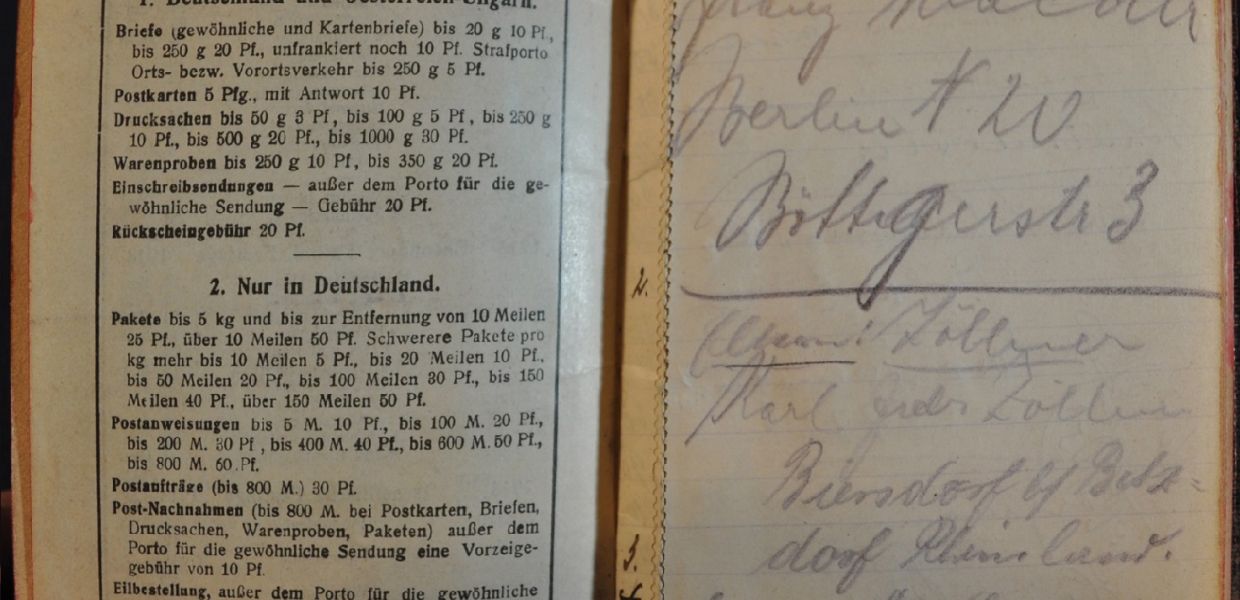Transcribathons are the means by which analogue cultural heritage can be transformed into the digital, in a way that is interactive, social and fun - and they could revolutionise the way in which we interact with history in the classroom. Essentially, the digital activity involves taken written cultural heritage - perhaps a diary, or a letter - and using your skills in reading and deciphering handwriting to transcribe these historical documents. People involved in transcribathons can join teams and work together (or in competition) to transcribe documents, as has been done in many events and locations across Europe. Not only does this make the documents more accessible to audiences digitally, but also allows for their translation so they can be read in languages other than which they were written. Not only are these events taking the general public by storm, but according to event organiser and long-term transcribathon partner Frank Drauschke (historian and founder of Facts & Files), they are an important resource for teachers and researchers in bringing history to life.
Bringing history to life for historians
According to Frank, the relevance of transcribathons for researchers was one of the key motivators behind his organisation of the Transcribathon Historiker Tag at the 52nd Biennial Meeting of German Historians.
Frank says, ‘Transcribathon Historiker Tag is supposed to be the biggest humanities conference in Europe. There are about 4,000 people coming. I thought it would be a great opportunity to reach out to professional historians to get to know our tool, to use it and to see the potential of how they could use it for their own research or teaching.’
According to Frank, transcribathons are a great asset in university classrooms, with one example from Johannes Kepler University Linz, where the tool was used to aid in assessment activities for a class of 50 students. Students engaged in an internal competition to transcribe various documents, and by using the Transcribathon.eu portal, the teacher to check each student’s progress, ranking and the kinds of mistakes they were making. Sharing this knowledge and examples with researchers, and giving them access to the tool was an obvious motivation behind organising the event.
Transcribathon - Cultural Institutions from Europeana on Vimeo.
Digital lessons from the past in the classroom
This focus on transcribathon for research comes after its success in education, with the tool already proving a success in classrooms that are increasingly impacted by the digital.
Frank says, ‘We also started to use it also in schools where we had school workshops. It is very useful for teachers and the good thing is the fun factor. Because they have this game, they are having fun, they’re getting points in a kind of in competition with each other and so they really get into the sporting spirit.’
This kind of cross-media, cross-generational interaction with cultural heritage is exactly the kind of digital transformation that we at Europeana want to support.
Europeana Transcribathon Berlin State Library, June 2017 from Europeana on Vimeo.
Finding the value in the cultural heritage's ‘unpolished diamonds‘
The digital transformation means that we are engaging with cultural history in new and innovative ways. The value of the digital is its accessibility, ease and interactive qualities.
‘I think it is important the reach out to the academic and professional community so that they see the potential of this tool, and also how it can be used in research. Due to the transcription and annotation that we are doing - the sources are much more easily searchable, findable and usable,‘ says Frank, ‘I’m sure there is still a lot of value in this unpolished diamond (pre-transcribed documents), which we and other historians have to dig in and polish.‘
Historians are tasked with the great challenge of making sense of cultural heritage. With the advent of the digital transformation, tools and initiatives offer to make at least some of these challenges a thing of the past.
Want to find out more? Attend the Transcribathon Historiker Tag, Münster, Germany at the 52nd Biennial Meeting of German Historians at the University of Münster. Join professional historians, students and history enthusiasts from around the world to transcribe and annotate as many letters, diaries and other digitised documents as possible from the Europeana 1914-1918 collection.

